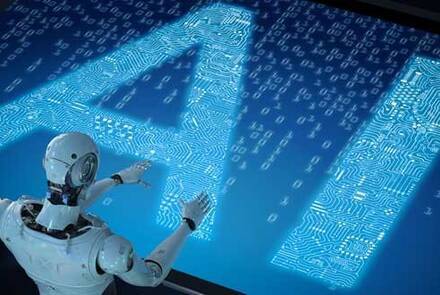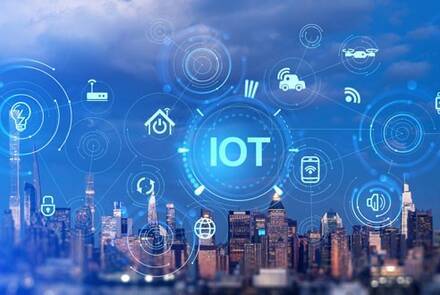IoT's Impact on Public Services in Smart Cities
In the dynamic landscape of urban living, the concept of smart cities has emerged as a beacon of innovation and efficiency. At the heart of this transformation lies the integration of Internet of Things (IoT) technologies, revolutionizing public services and enhancing the overall citizen experience. This blog post explores the ways in which IoT is elevating the quality of life for citizens in smart cities, focusing on improved services such as waste management, public Wi-Fi, and smart street lighting.
- Waste Management: Smart Bins and Efficient Collection
In the realm of waste management, IoT technologies are reshaping the traditional model. Smart bins equipped with sensors monitor their fill levels in real-time. When a bin reaches a certain capacity, it triggers an alert to the waste management system, optimizing collection routes and ensuring that bins are emptied at the right time. This not only enhances the efficiency of waste collection but also contributes to cleaner, more attractive urban spaces. - Public Wi-Fi: A Connected City for All
Public Wi-Fi has become a fundamental aspect of modern urban life, and IoT is making it even more accessible and efficient. IoT-enabled Wi-Fi hotspots not only provide seamless connectivity but also collect data on usage patterns, enabling municipalities to optimize network performance. The proliferation of public Wi-Fi enhances communication, fosters digital inclusion, and provides citizens with easy access to online services, information, and social connectivity. - Smart Street Lighting: Efficiency and Safety
Smart street lighting is a shining example of how IoT technologies are illuminating the path to more efficient, sustainable, and safer cities. Connected streetlights equipped with sensors adjust brightness based on real-time factors such as pedestrian activity, traffic flow, and weather conditions. This not only optimizes energy usage but also enhances public safety by ensuring well-lit streets. Additionally, smart street lighting systems can detect faults and report issues in real-time, enabling quick maintenance and minimizing downtime. - Intelligent Traffic Management: Navigating Urban Mobility
In the bustling landscape of urban mobility, IoT technologies play a crucial role in optimizing traffic flow and enhancing transportation services. Smart traffic management systems use sensors and cameras to monitor traffic patterns in real-time. The collected data is then analyzed to implement dynamic traffic control strategies, reducing congestion and improving the overall efficiency of urban transportation. This results in smoother traffic flow, reduced commute times, and a more enjoyable travel experience for citizens. - Environmental Monitoring: A Breath of Fresh Air
IoT sensors contribute to environmental monitoring in smart cities, ensuring that citizens breathe clean air. These sensors measure air quality parameters such as pollution levels and particulate matter. When thresholds are exceeded, alerts are triggered, prompting authorities to take corrective measures. By actively monitoring and addressing environmental factors, smart cities create healthier living environments for their citizens.
Challenges and Collaborative Solutions
While the benefits of IoT in public services are clear, challenges such as data privacy, cybersecurity, and the need for standardized protocols must be addressed. Collaborative efforts between technology providers, government agencies, and citizens are essential to developing solutions that are not only innovative but also ethical, inclusive, and privacy conscious.
As we navigate the ever-evolving landscape of urban living, the integration of IoT in public services is not just a technological evolution; it's a paradigm shift in how cities function and how citizens experience urban life. In this era of connected communities, the vision is clear: a future where public services are not just efficient but also responsive, sustainable, and designed to enhance the quality of life for every citizen. The path ahead is illuminated by the promise of connected technologies, contributing to the creation of smart cities that are not just innovative but also inclusive, resilient, and attuned to the needs of their diverse and dynamic communities.
For more information about Trigyn’s Smart City & IoT Solutions, Contact Us.






